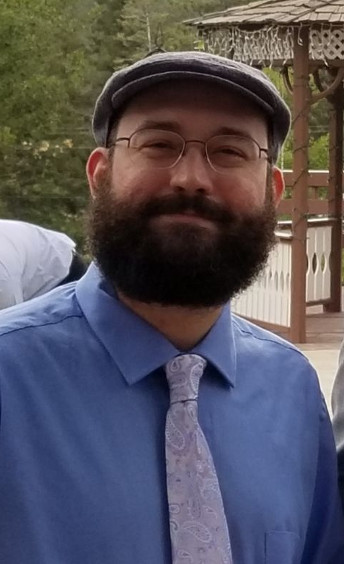So I mentioned last night that asking the question, "Is Snowden a hero or a traitor?" completely misses the fucking point.
Here now to completely miss the fucking point are The New Yorker's John Cassidy ("hero") and Jeffrey Toobin ("traitor").
I guess we should applaud The New Yorker for showing its journalistic integrity by presenting both sides of the not-actually-the-fucking-story.
Look. I don't give a goddamn if Edward Snowden raped a bear in his meth lab while canceling Firefly. First of all, he'd still be less of an asshole than Dick Cheney, and second, if you think it's okay for the government to spy on your phone and Internet habits, you should probably come up with a better reason than "Well, I'm for it because that bear rapist is against it!"
Now, I happen to believe, based on the limited information we have at the moment, that Snowden did the right thing, and also that Snowden has gigantic balls. But I don't believe he's the most important person in this story. I don't think he's even in the top fifty.
Someone who is in the top fifty is James Clapper, perjuring fuck and Director of National Intelligence, who recently testified before Congress that the government is totally not collecting surveillance information on millions or hundreds of millions of Americans. Here, go watch John Oliver kill it on his first episode as fill-in host of The Daily Show (and be sure to stick around for the Moment of Zen where 2006 Joe Biden explains how this sort of thing is totally not okay when a Republican does it).
Fred Kaplan at Slate advocates firing Clapper, because, among other reasons, he has proven himself totally incapable of discussing this subject in an intellectually honest fashion or any other kind of honest fashion.
Among other reasons, here's Clapper's inept fucking explanation for why his lie was actually true:
Rambling on in his rationalization to Mitchell, he focused on Wyden’s use of the word “collect,” as in “Did the NSA collect any type of data ... on millions of Americans?” Clapper told Mitchell that he envisioned a vast library of books containing vast amounts of data on every American. “To me,” he said, “collection of U.S. persons’ data would mean taking the book off the shelf and opening it up and reading it.”
Jesus Christ. Between this asshole and Petraeus, I'm beginning to worry that our entire intelligence apparatus is made up of people who can't even come up with a convincing lie if they're given months of warning and an entire team of speechwriters.
Hey Clapper -- this is my comic book collection.

I haven't read most of those books in years. Does that mean they're no longer part of my collection? Or does reading them once count? Does that mean the comics I bought last week and haven't gotten around to reading aren't part of my collection yet? Is this some kind of quantum physics shit where my collection is altered by the act of observing it?
What about garbage collection? Does it only count as collecting my garbage if the sanitation workers break open the bags and root through 'em? Because I've never seen them do that, and yet the city keeps charging me a garbage collection fee anyway.
You get the point. He's claiming his lie is not actually a lie because he was using a definition of a word that he just completely made up. Like how I had sex with Natalie Portman. It's not a lie because when I say "had sex" I actually mean "sat on the couch" and by "with Natalie Portman" I mean "and played Nintendo".
Man, I have had so much sex with Natalie Portman.
I don't know if I'm even as bothered by his lying -- hell, that's his job, I'd expect nothing less -- as the sheer fucking laziness of his lying. It's downright goddamned insulting. It lacks even the sublime, recursive absurdity of "That depends on what your definition of is is." It's just worthless. And so is Clapper.
I don't really think throwing him out on his ass is going to change things. Throwing the Republicans out of the White House sure as hell didn't.
But what the hell, they still deserved to be thrown out, and so does he.
Firing Clapper certainly wouldn't guarantee we'd have an honest national discussion about the nature of our government's various spying programs.
But not firing Clapper will guarantee that we won't.
